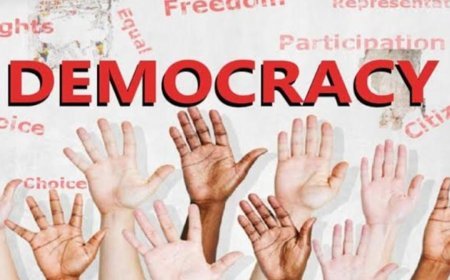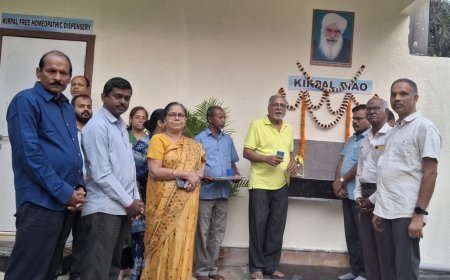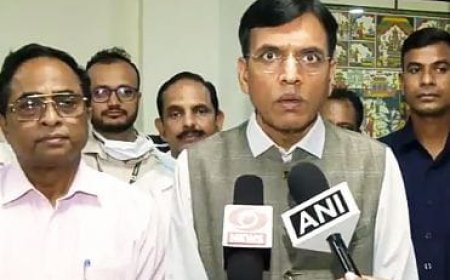The Ironic Role of Satire in Politics and Governance

In today's world, mobile phones have become a necessity for people of all ages. While they provide access to knowledge and connectivity, they also expose us to a wide range of influencers, motivational speakers, and self-styled religious gurus who capitalize on their followers' trust. Meanwhile, politicians continue to find themselves at odds with comedians and satirists who hold them accountable through humor.
Recently, I came across a video that captured this irony. The comedian in the video questioned why politicians feel threatened by comedians when both are citizens of the same country, hoping for its progress. He humorously pointed out that if politicians simply did their jobs well, satirists would have no material left to joke about. In essence, good governance would naturally put comedians out of work.
If Kunal Kamra were born in Finland he would not have a career at all. If he were born with this skill set it is very likely that he would have to sell tea for a living.
He illustrated this with the example of Finland, the happiest country in the world, where political satire is nearly nonexistent—because there's little to criticize. This argument holds weight. Comedy thrives on societal flaws, mismanagement, and injustice. When roads are in disrepair, unemployment is high, and corruption is rampant, comedians find an endless reservoir of content. But in a well-functioning system, where public services run smoothly and people are content, satire loses its edge.
The irony is that politicians who despise being ridiculed can easily silence their critics—not through censorship or legal action, but by simply delivering good governance.
Conclusion
Comedy and satire serve as mirrors to society, reflecting its problems in a way that makes people laugh while also making them think. Instead of feeling antagonized by comedians, politicians should take satire as constructive criticism and an incentive to improve. If governance were truly efficient, the very people they consider their enemies—the satirists—would be out of work. Until that happens, political satire will remain a necessary and powerful voice of the people.
Sanjay Pattnayak
Sundargarh












































